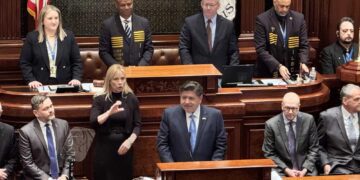Too many historians have a bias against free enterprise. Phil W. Magness writes:
The recent surge of academic interest in 20th century conservatism, libertarianism, and associated developments in free-market economic thought also carries with it a curious historiographical implication. Encompassing contributions by authors such as Kim Phillips-Fein, Quinn Slobodian, Bethany Moreton, Kevin Kruse, and Nancy MacLean, the genre varies widely in scholarly quality. Its contributors nonetheless share a pronounced ideological hostility to their subject matter, which in turn shapes how they select and construe their source materials.
While an antagonistic political lens is not necessarily discrediting, it can introduce interpretive biases—particularly when an author approaches the past in search of a deeper explanation for his or her own grievances with the current political climate. The approach taken in these works essentially conspiracizes the mundane—a practice of treating routine historical records from disliked conservative, libertarian, or free-market sources as if they were evidence of a collective will to politically transform the mechanism of history in ways that disrupt a specific course of progressive political development desired by the author. A predictable assortment of problematic consequences in the present allegedly follows from the decades-long designs they claim to have identified: the 2007-2008 financial crisis, environmental degradation, rising inequality, the political ascendance of the religious right, and Trump.
[Phil W. Magness, “Free Enterprise as Conspiracy,” Law and Liberty, December 23]







